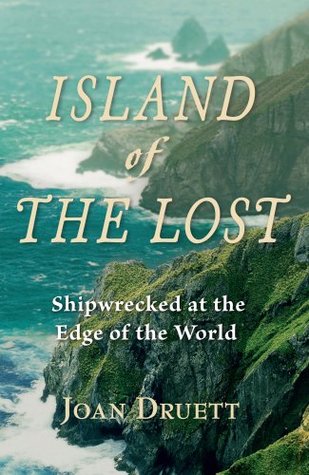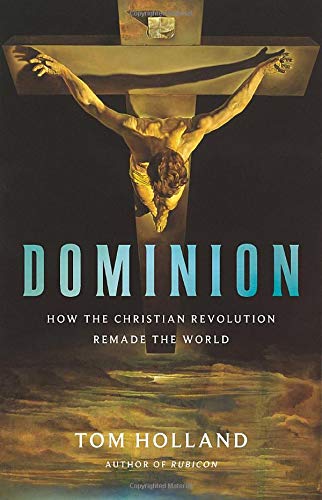
Island of the Lost is another incredible true story of 19th-century survival involving shipwreck, freezing conditions and a near-constant barrage of adversity. This story shares some similarities with Hampton Sides book the Kingdom of Ice, only the stories play out at opposite poles, and Hampton sides in my estimation is a superior writer. Both stories will have you mystified as to how anyone managed to survive.
One fascinating observation from Island of the Lost comes by way of comparison. Two ships were wrecked around the same time in 1863 on the rocky shores of the Auckland Islands. Two hundred eighty-five miles south of New Zealand. All five crew members on the first ship were able to avoid death and drag themselves to shore. Incredibly after 20 months of ingenious survival on this frozen desert of an island, they were able to fashion a sea-going vessel of sorts, and by some miracle, navigate their way back to civilization.
Meanwhile, 19 of 25 sailers on the other ill-fated ship managed to survive the trauma of deadly reef, crushed timber and pounding surf. Only three of them survived, that number would have been reduced to zero survivors had it not been for a lowly seaman named Robert Holding. The second party had the same merger resources to work with, plus the added benefit of more people and the discovery of a deserted town. The obvious question comes forward: Why was one group successful in their quest to survive and the other not?
Joan Druett offers us her answer:
“It is because of conscientious leadership, resourcefulness with technology, unstinting hard work and an outstanding spirit of camaraderie that they had survived such unimaginable privations.”
- Conscientious Leadership — Captain George Dalgarno froze amid calamity. He needed to assess the situation and take active steps with word and deed to help his men move forward. He wasn’t able to do that. The group descended into anarchy, what little resources they did have were squandered by selfishness and infighting. Depression and despair set in, which made the hard work necessary for survival impossible. The group broke apart into factions, even planning cannibalism at times. Robert Holding was the only clearheaded one in the bunch. He had the knowledge, ingenuity, and strength to survive. Still, no one would listen to him because of his lowly rank; instead, they attempted to eat him! He broke off and struck out on his own, returning every few days to the ever-shrinking group, encouraging them to follow him. Finally, Dalgarno and the first mate did. (Everyone else was pretty much dead at this point) even still, they resented being told what to do by a man of such low rank. Years later, in Dalgarno’s memoirs, he gives no credit to Holding for their survival. Indeed, he is not even named. Captain Thomas Mustgrave, on the other hand, though susceptible to debilitating bouts of depression still managed to build a team out of his men. He gave them vision and purpose. He led by example. He even embraced a sort of democracy to keep the peace. Unheard of by ship captains, even to this day.
- Resourcefulness with technology — The Frenchman François Raynal was a complete and total Macgyver! Captain Mustgrave gave him absolute freedom to use his ingenuity to better their situation. Thanks to Raynal, they built a house, improved their diet, made soap, built a forge, harvested every last item of value from the wreck, and built their escape vessel. Holding was just like Raynal; if only the men of the second ship could have swallowed their pride and let the most qualified lead, the outcome would have been different.
- Unstinting Hard Work — Despair paralyzed the members of Dalgarno’s ship. Conversely, the problematic situation galvanized Mustgrave and his men to undertake back-breaking labour in the hopes that they might survive. The difficulty became their motivation.
- Spirit of Camaraderie — The five men, thanks in large part to Raynal, came to view their group as a family. They held “school” in the evenings in which each member of the group took turns teaching. They acquired pet birds and even a stray cat. They worked hard to make their food (mostly seal meat) as bearable as possible. They teased out whatever humour they could find in their bleak situation. Raynal’s strong Christian faith gave him an undying hope and spirit of optimism that regularly buoyed up the group.
When life gets challenging. I aspire to embrace these qualities and inspire them in those around me. Selfishness and pride are common default mechanisms when life becomes frayed through adversity, but they lead to suffering and death. I hope I can resist them when it’s my turn to go through the shipwrecks life will inevitably throw at me.




